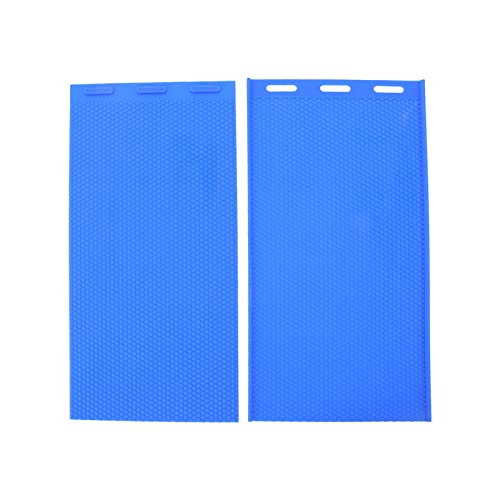I dont agree.
Not that amazing but we always seem to get someone who disagrees and then writes about something entirely unrelated (AUTUMN feeding, not SPRING feeding)!
I answered the question posed quite succinctly and even found the question asked was not even meant to be asit was written. Can't please all, all of the time!
Not that amazing but we always seem to get someone who disagrees and then writes about something entirely unrelated (AUTUMN feeding, not SPRING feeding)!
I answered the question posed quite succinctly and even found the question asked was not even meant to be asit was written. Can't please all, all of the time!



















































